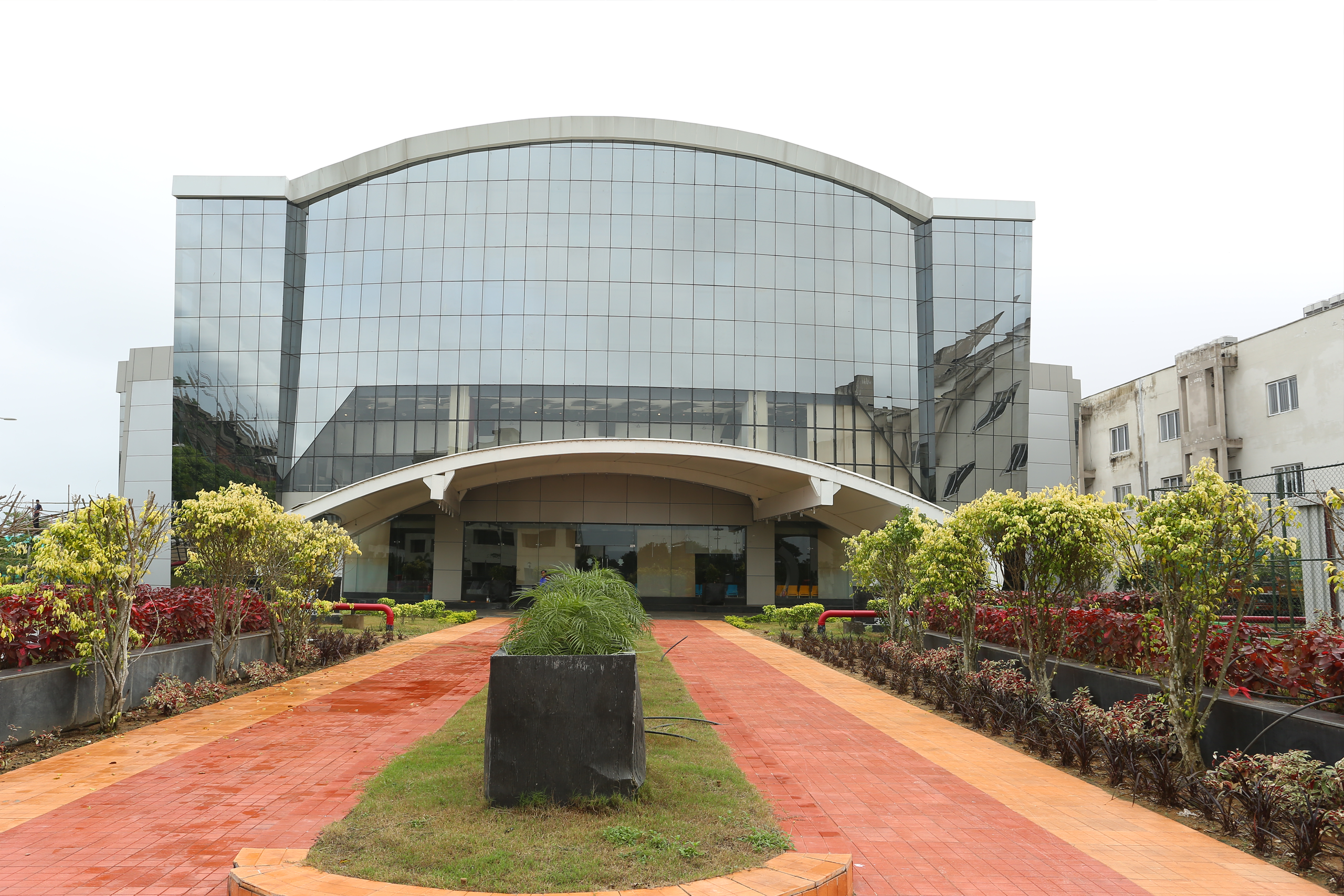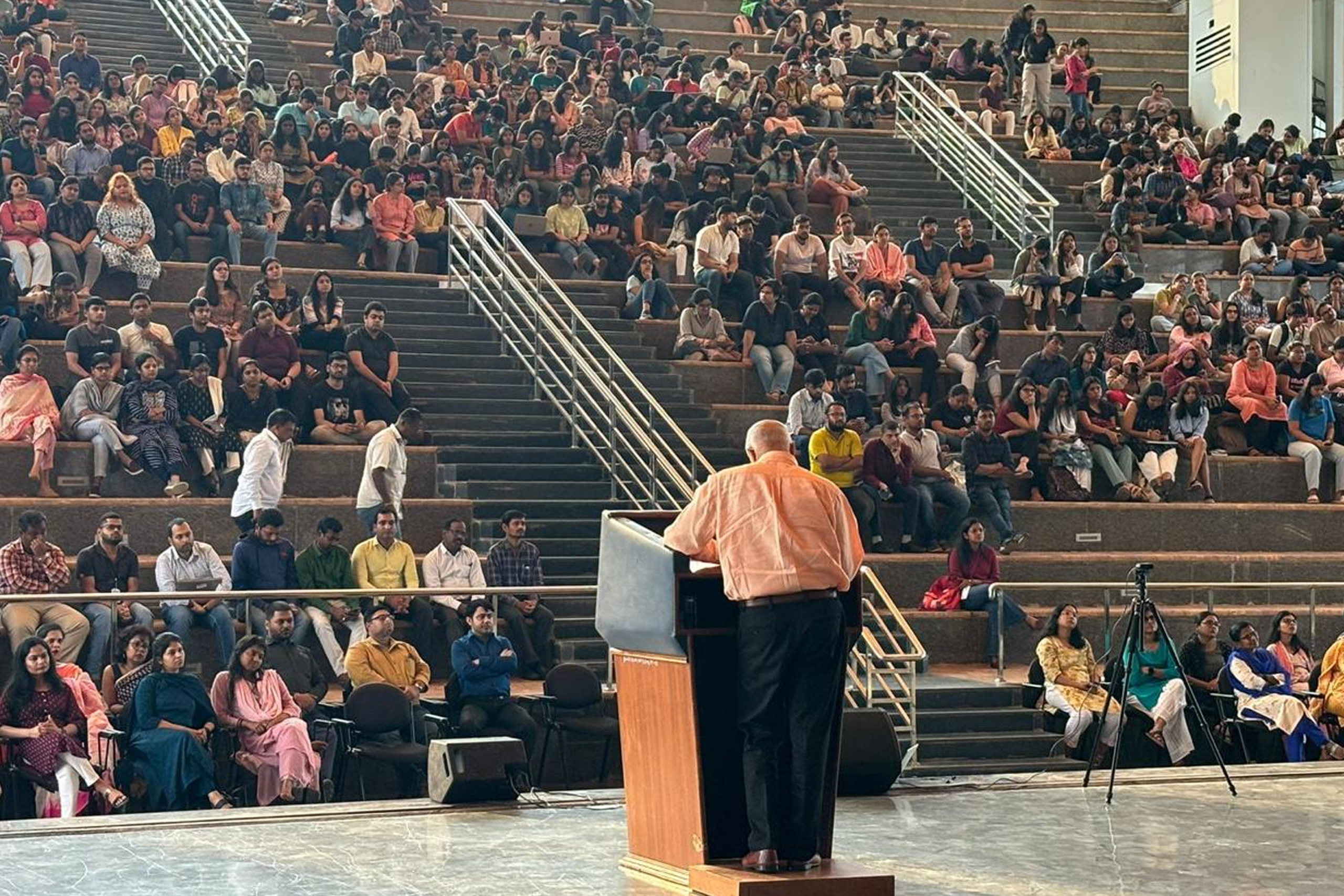“23rd Informal Discussion Group Session on “Working with the Constitution: A Reality Check”
04 Feb 2020
23rd Informal Discussion Group Session
Topic – Working with the Constitution: A Reality Check
On 1st February, 2020 the Informal Discussion Group of NLU Odisha organized a guest lecture with Mr. Abhinav Sekhri, who is a practicing lawyer in New Delhi. This time the session took place in the conference hall in the admin block. The lecture commenced at 3:10 pm and continued for 1:30 hours, with one hour reserved for the lecture and half hour for the question answer session.
The main focus of the session was on section 144 of the Criminal Procedure Code. The guest believed that section 144 acts as a blanket which can cover every act. Thereafter, he stated that the objective of section 144 is to take away the ability of an individual to perform lawful activities as the situation demands for a temporary period. Thereupon, he discussed the parameters for justified use of section 144 and stated that therein the police have to use their minds, the victims have right to be heard and to appeal against the order. The guest also made certain references to the laws in US.
According to the guest, another gap in section 144 is that the police action under this section does not require any evidence. He stated that the number of people committing a crime would be more than the number of people who are actually punished by the law. In the case of section 144, the grounds on which people are arrested is based on the discretion of the police. The guest believed that unchecked police power is leading to disproportionate effects.
Further, the guest discussed the case of Anuradha Bhasin v Union of India where a series of orders under section 144 were passed in Kashmir. It was also stated that section 144 can be used in apprehension of danger as well. Later, the case of State of Bombay v Kathi Kalu was also discussed. It was held that mere questioning of the accused by a police officer will not amount to coercion and custodial investigation cannot involve a lawyer.
In conclusion, the guest said that there’s a lot of gap between imagination and reality. Police powers are necessary but if they are too broad, they are going to be violated and there would be indiscriminate use of powers. The question-answer session began at 4 pm. The first question was related to the source of rights of the victims. The guest answered that the major source are the statues. Then a member in the audience suggested that surveillance can be used to prevent police brutality. Then another question was whether provisions of section 144 have been challenged in the court. The guest believed that it is difficult to take down section 144 unless the vacuum created due to its removal can be filled.
The session culminated with handing over the token of gratitude to the esteemed guest by our Registrar Dr. Yogesh P. Singh.





